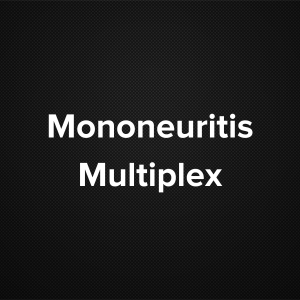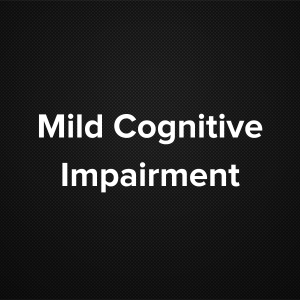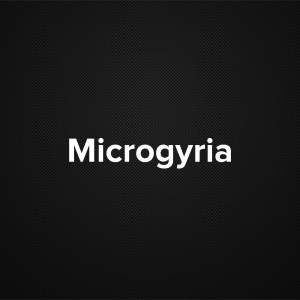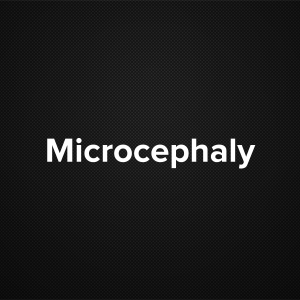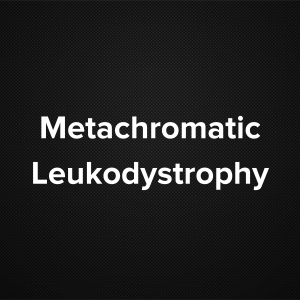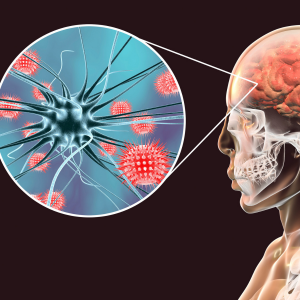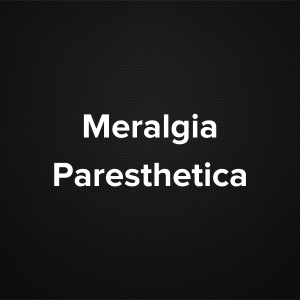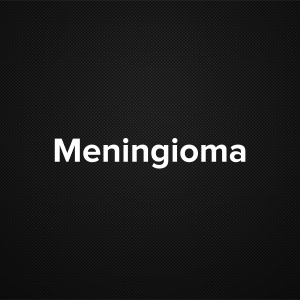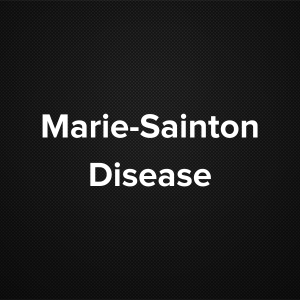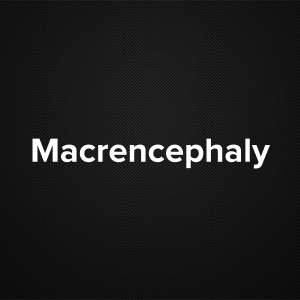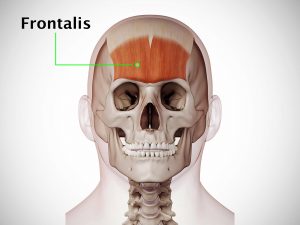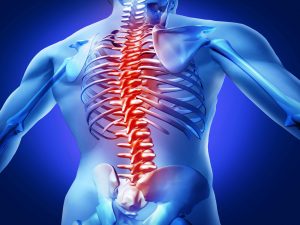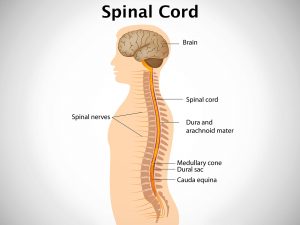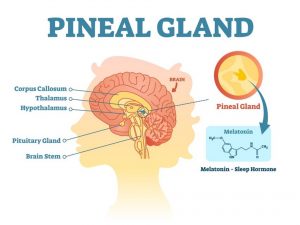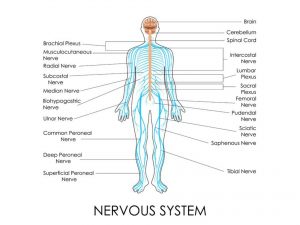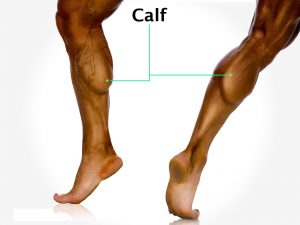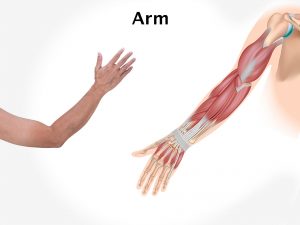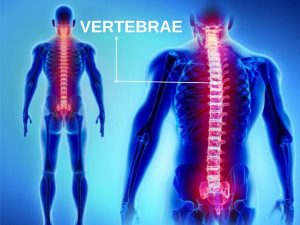Causes and risk factors
The exact cause of MSA is not known. MSA usually occurs in people beyond 60 years of age. It is associated with presence of abnormal accumulation of a protein named alpha – synuclein in the nerve cells. There is atrophy of brain structures, cerebellum, brainstem, ganglia etc.
Clinical presentation
The signs and symptoms of MSA are associated with that of Parkinson’s disease. They include rigidity of muscles, bradykinesia [slowness of movement], tremors, impaired balance, ataxia [lack of muscle coordination], unsteady gait, dysarthria [speech difficulty], dysphagia [Difficulty in swallowing]. There is loss of fine motor skills necessary for activities like eating, reading etc. Orthostatic hypotension [low blood pressure when you stand up from sitting or lying down], irregular heartbeats is observed. Severely high blood pressure levels while lying down occur. Sexual problems such as loss of libido and impotence in men are seen. Additional symptoms include bowel incontinence, bladder incontinence, and reduction in the production of sweat, saliva and tears, impaired ability to show facial expressions, impaired control of body temperature, lack of emotional control, and constipation is experienced. There is sleep apnoea, sleep disturbances, dementia, and depression.
Investigation
Medical history by the patient and Clinical examination by the doctor helps in diagnosis. Various neuromuscular tests are carried out. Measurement of blood pressure in different positions is recommended. ECG is advised. Imaging studies such as MRI of brain is useful for further evaluation.
Treatment
MSA cannot be cured. Treatment is aimed at relieving the signs and symptoms as well as preventing complications. Supportive measures like high fibre diet, water exercises are advised. Medications such as corticosteroid to treat low blood pressure are prescribed. Drugs to treat the musculoskeletal symptoms are needed. Some patients may need cardiac pacemakers, urinary catheters, feeding tubes etc. Deep brain stimulation [DBS] is being aggressively practised where electrodes are placed in the brain to send signals or for stimulation and muscle coordination. Physiotherapy and speech therapy contribute further to the treatment.
Other Modes of treatment
The other modes of treatment can also be effective in treating MSA. Homoeopathy is a science which deals with individualization considers a person in a holistic way. This science can be helpful in combating the symptoms. Similarly the ayurvedic system of medicine which uses herbal medicines and synthetic derivates are also found to be effective in treating MSA.
![Multiple System Atrophy [MSA]](https://moho.loopshell.com/read/wp-content/uploads/2022/01/Multiple-System-Atrophy-Msa.png)
